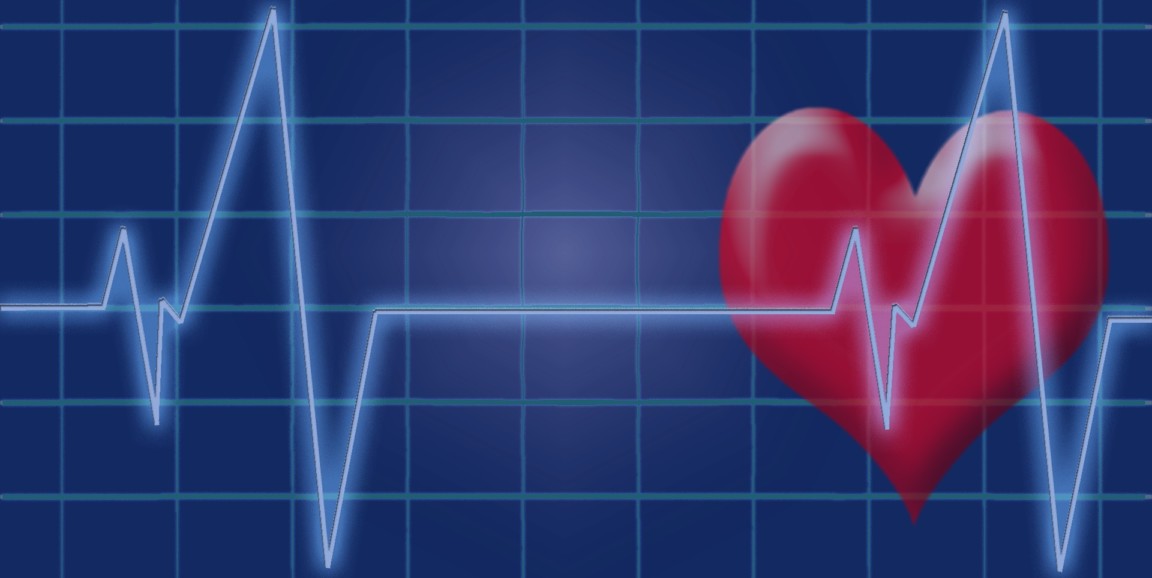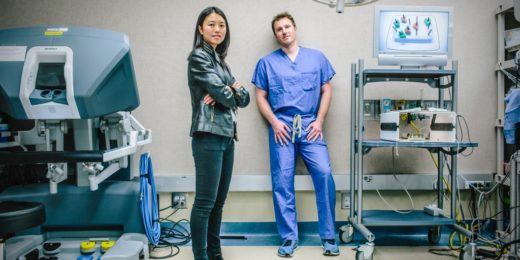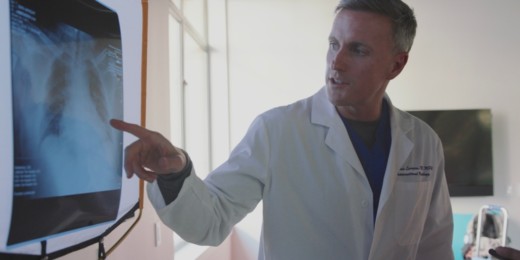In a finding that marries the potential of wearable technology with the power of artificial intelligence, researchers have shown that a computer can diagnose several irregular heart rhythms at least as well as cardiologists.
The researchers, including Stanford graduate student Awni Hannun; cardiologist Mintu Turakhia, MD; and computer scientist and entrepreneur Andrew Ng, PhD, drew on data collected from more than 53,000 people who wore a rectangular monitoring patch on their chest for about two weeks.
The research appears in Nature Medicine.
In his blog, NIH Director Francis Collins, MD, PhD, draws attention to the work and continues the tale:
The Stanford researchers looked to machine learning to process all the EKG data. In machine learning, computers rely on large datasets of examples in order to learn how to perform a given task. The accuracy improves as the machine 'sees' more data. ...
In deep learning, computers look for patterns in data. As they begin to 'see' complex relationships, some connections in the network are strengthened while others are weakened. ...
Those data reach the final output layer, which acts as a classifier, assigning each bit of data to a particular category or, in the case of the EKG readings, a diagnosis.
Ultimately, the deep learning network could identify 10 different abnormal heart rhythms and a normal rhythm. The computer-based method performed as well as or better than cardiologists and it was quicker, the study found.
"The findings suggest that artificial intelligence can be used to improve the accuracy and efficiency of EKG readings," Collins states in the blog. "In fact, Hannun reports that iRhythm Technologies, maker of the Zio [monitoring] patch, has already incorporated the algorithm into the interpretation now being used to analyze data from real patients."
As exciting as that is, "we are surely just at the beginning of AI applications to health and health care," Collins writes.
Photo by Buecherwurm_65






